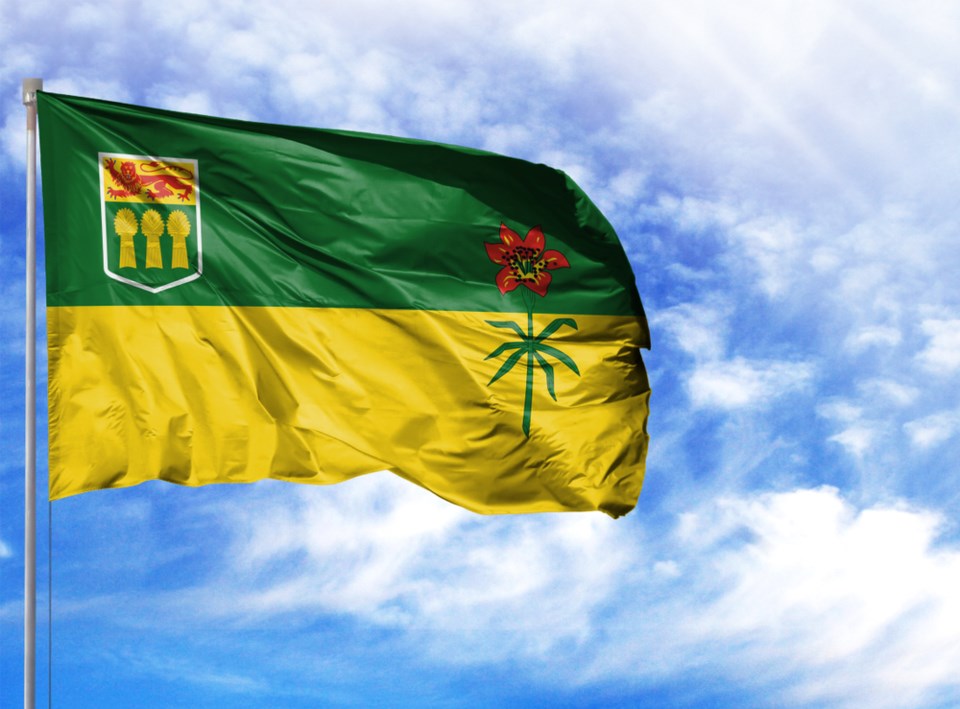After nearly three years of pandemic learning, the Ministry of Education is preparing to create a new provincial education plan to guide students’ learning until 2030.
The ministry relied on an Education Sector Strategic Plan to guide learning from 2014 to 2020. That plan focused on reading, writing and math; building First Nations and Metis graduation rates; addressing all grad rates; ensuring kindergarten students had the necessary skills for Grade 1; and operational spending.
According to the working document, the new plan is intended “to reflect the diversity of the province and ensure the presence of First Nations and Metis education organizations as part of the journey towards reconciliation. At the same time, it will respect and acknowledge First Nations jurisdiction over schools on reserve land.”
Furthermore, the new plan is expected to build upon the previous plan’s successes, recognize that the improved results cannot be accomplished in isolation, respond to pressures that society is facing and prepare students for the future by ensuring they are well-educated and active citizens.
Division administration with Prairie South School Division (PSSD) presented the proposed provincial education plan (PEP) during the Feb. 7 board meeting. Trustees later voted to endorse the document’s initial priority actions and milestones.
The new document establishes four priority actions to undertake over the next decade, with each action containing milestones — or steps — that will be accomplished, explained Amanda Olson, superintendent of learning. The ministry will revise the actions and milestones during the plan’s life as work progresses and circumstances change.
The four priority actions — all equally important — include:
- Improving student outcomes through effective assessment practices that guide and strengthen responsive instruction
- Enhancing opportunities for learners and their families and support transitions as learners enter and progress through school to graduation and determine a life pathway
- Enriching and enhancing mental health and well-being capacity in students
- Instituting the vision and goals of “Inspiring Success: Prek-12 First Nations and Metis Education Policy Framework,” which aims for more inclusion of Aboriginal peoples
Meanwhile, the plan’s goals for students include ensuring they learn what they need for their future, feel safe and supported, and ensure they belong, feel valued and can be themselves.
Four interconnected areas of focus include skills and knowledge for future learning, life and participation in society; mental health and well-being; creating connections among people and relationships between systems and structures; and providing inclusive, safe and welcoming learning environments.
Trustee Robert Bachmann wondered if the first priority included departmental exams. He noted that the Saskatchewan School Boards Association doesn’t believe such exams are positive or effective. Moreover, departmental exams don’t fit into a provincial assessment plan considering only 30 per cent of students write them.
The PEP implementation team has discussed those exams and whether they’re effective, culturally appropriate and responsive, and fit into the long-term plan, said Olson. However, the team has not made any decisions yet.
The mental health priority intrigued trustee Crystal Froese, who said that local and provincial inter-agency partnerships are important so divisions can access those supports. However, divisions need more resources to fill those supports.
“We’re a fairly large school division with a lot of diversity in there. In order to achieve that and measure that, we definitely have to have stronger support from our province and Sask. Health,” she continued, “because we just don’t have the capacity with the current budget we have to carry on that.”
Prairie South’s board took on more responsibility with decision-making during the pandemic that the health authority would have handled, Froese added. So, she thought the province could better support this priority in the new plan.
The next PSSD board meeting is Tuesday, March 7.




